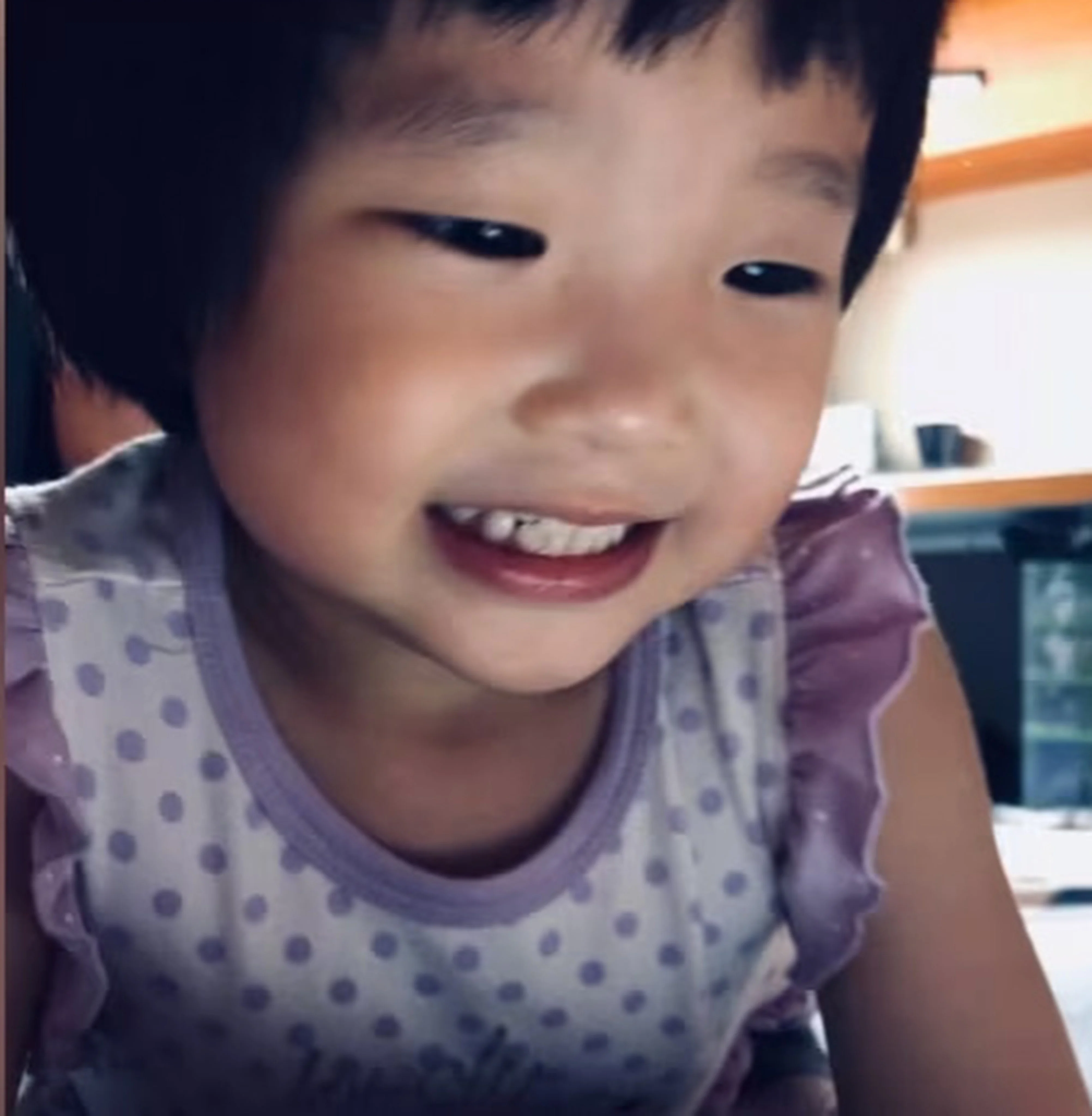Copyright scmp

When John’s* parents divorced four years ago, his father turned violent. “He became an alcoholic, there was a lot of verbal and emotional abuse, and he would lock me out of the house,” said John, now in his 20s, who still lives with his father. “Last April, he broke into my room and beat me with a screwdriver. He tried to hurt me, and he did.” John reported the case to the police, who asked if he had another place to stay the night. Earlier this year, he applied for a personal protection order against his father, and the abuse has since waned. John recalled that at the height of the violence, he had trouble understanding “why I was the one who was supposed to help myself escape the situation”. Singapore’s child-protection system has been thrust into the spotlight following the horrific case of four-year-old Megan Khung, who was abused and beaten to death by her mother, Foo Li Ping, and the woman’s then boyfriend, Wong Shi Xiang. Megan had suffered a year of abuse – including being forced to sleep in a planter box and getting hit by a water hosepipe – before she died in February 2020 after Wong dealt a fatal punch to her stomach. Wong and Foo burned Megan’s body in a metal barrel, and her death was only discovered five months later, following police reports lodged by her biological father and maternal grandmother. In April, Wong was sentenced to 30 years’ jail and 17 strokes of the cane, while Foo was sentenced to 19 years in jail. The government set up an independent review panel to look into the case, and the report, released earlier this month, identified multiple lapses by several agencies. Breaches included the mischaracterisation of Megan’s injuries by social workers, as well as the failure of police officers and child protection specialists to follow up on the case. After the findings, a police investigative officer resigned, and her supervisor was fined. In a rare move, Minister for Social and Family Development Masagos Zulkifli apologised and said the agencies could have done more. In a social media post to announce that the agencies had fully accepted the review panel’s findings on October 23, Masagos said: “We will reflect on the findings and take concrete steps to improve our support for vulnerable children ... Our resolve is absolute: We will do everything possible to prevent such tragedies from happening again.” John, who said Megan’s death broke his heart when he read about it, told This Week in Asia: “I’m glad that I got to stand up for myself, but for a child like Megan, she’s not capable of doing what I did. “I think those in the system need to have a bit more initiative and maybe more experience and speak out for those who don’t have a voice.” Did norms play a part? Megan’s case has sparked reflection on whether cultural norms contributed to the tragedy, even as systemic lapses were spotlighted in the review report. Professionals told This Week in Asia that societal acceptance of physical discipline and the inclination to give in to authority might have contributed to the lapses. “In many Asian societies, physical discipline is still perceived as an expression of parental care or authority,” said Lee Jungup, associate professor of social work at the National University of Singapore (NUS). “This can make early signs of abuse less visible to both families and professionals.” The cultural perception might also lead to a misclassification of abuse as discipline, said Mu Zheng, assistant professor at the sociology and anthropology department at NUS. In a report submitted to a regulatory authority in April 2019, Beyond Social Services, the social work agency that ran Megan’s preschool, characterised her bruises as a result of “physical punishment [that] was excessive”. The regulatory authority did not follow up with the case after the school principal confirmed that Megan was well and attending school regularly. Daniel Lopez, an executive committee member at NGO Society Against Family Violence, said the relevant social worker’s description of the abuse as punishment might have affected authorities’ follow-up action. “Framing it as a punishment might have lessened the threat, because it seems interlinked with family values.” In September 2019, Beyond Social Services called the Child Protection Service, a government division that investigates child abuse cases, on two occasions and brought up Foo and Wong’s suspected drug use, as well as Megan’s unknown whereabouts. Child Protection Service recorded only one call, where it advised that Megan’s grandmother make a police report over the missing child. “I think Beyond Social Services did the best they could,” Lopez said. “They highlighted that she couldn’t be sighted – this means they did try to locate her, which is the most that a community agency can do.” Lopez noted that not all stakeholders in the child protection system had equal authority. A younger worker who challenges the decision of higher-ups may be perceived as disrespectful, according to Lopez, who has experience in social work. “There is a bit of a culture of fear or apprehension in questioning the judgment of people above us.” To name and shame? In the wake of Megan’s case, more child abuse cases have been reported in recent months. Teo Guan Huat, 61, who worked as a preschool cook, pleaded guilty in court to sexually assaulting three girls, aged one to two, earlier this month. He said he molested the children as they were too young to speak, and there would be a smaller chance of him being caught, according to local media. The gag order on Teo’s identity was lifted after the prosecutor clarified in court that keeping the names of the children and school undisclosed was sufficient to protect the identity of the victims. In a related case, four women, who worked at the same preschool, were charged in February with covering up Teo’s sexual assault on the premises. They had allegedly deleted footage of Teo molesting a toddler in 2023. The women in this pending case have not been identified. The lack of identification of responsible parties has sparked debate on whether naming offenders would serve the public interest and boost deterrence. Even in the absence of a gag order, Singapore’s law prohibits the publication of information relating to court proceedings that could lead to the identification of any child or young person, such as the name, address and school of a victim. Lawyer Amarjit Singh told This Week in Asia that one downside of anonymity meant that culprits were spared from public accountability, and this could discourage other victims from coming forward. But the fear of being identified might also discourage victims from testifying, said Benjamin Ong, an assistant law professor at Singapore Management University. “Unfortunately, society tends to attach shame and stigma to being a victim of certain offences, such as sexual offences,” he added. Ong said there should not be a blanket rule on the types of information covered by a gag order. He noted that while naming schools could lead to the identification of a victim, it might also pose little to no risk in some cases and be beneficial to the public interest. He suggested that the law be changed to allow victims to request the lifting of a gag order, and for the court to weigh various factors – such as public interest and whether the victim fully understood the consequences – before deciding to accept the request. The option to lift the anonymity should remain for life, Ong added. When you legislate, accountability is enshrined Cindy Tay, Children’s Aid Society’s director of home “There are cases where people were sexually abused when they were children and were initially anonymous, but then they had the gag orders lifted after they became adults. It may have been many years after the incident, but it was still part of telling their story.” Cindy Tay, director of home at Children’s Aid Society, said when considering lifting a gag order, one must always prioritise the victim’s well-being. “Any exposure that compromises their physical or psychological safety would be deeply concerning,” she said. Identification is not the only way to hold stakeholders accountable, and the establishment of an independent review panel should be considered for all fatality and near-fatality cases involving young victims of abuse, according to Tay. The panel should not only identify lapses and provide recommendations to improve the system, but also monitor follow-up actions and compliance with its recommendations, she added. “When you legislate, accountability is enshrined,” she said. “Given the tragic outcomes in these cases, this is the right step to safeguard children and strengthen the system.” *Name changed to protect identity



